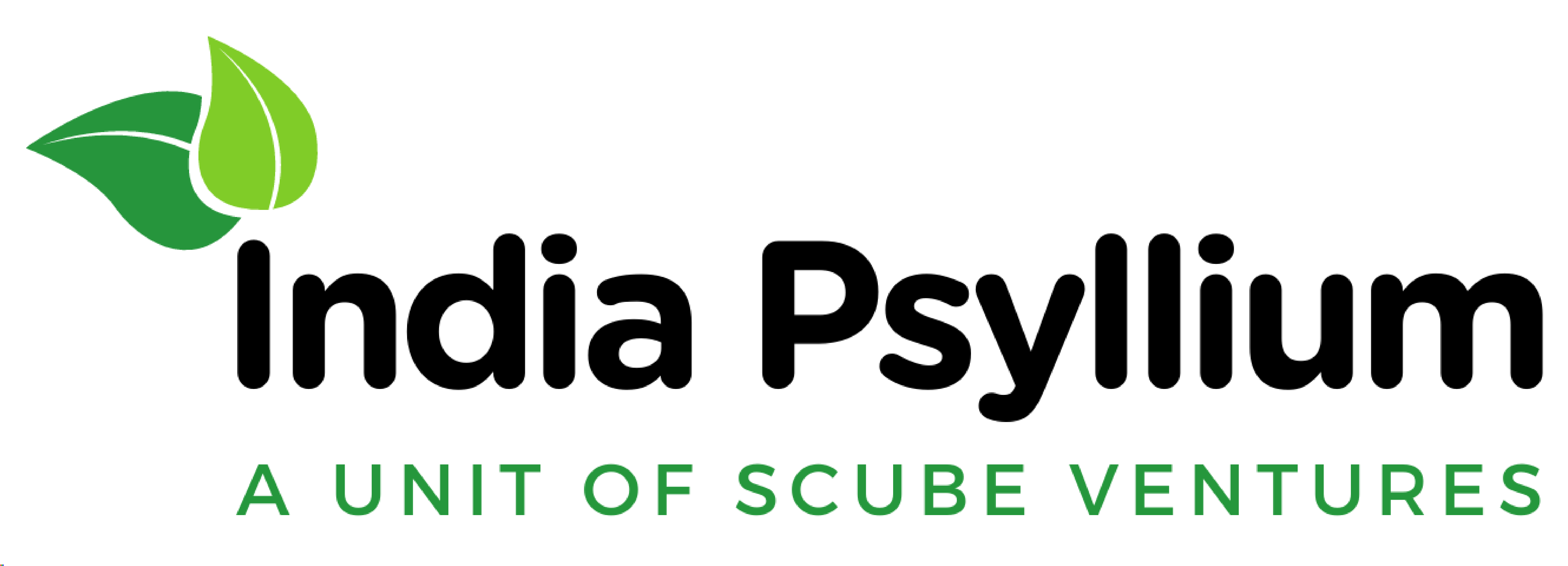Why Pet Food Manufacturers Are Adding Psyllium to Formulas
The global pet food market is undergoing a major transformation. Pet owners today are more informed and conscious than ever, seeking foods that do more than just fill their companions’ bowls. They want nutrition that supports digestive health, immunity, weight control, and overall well-being.
Enter psyllium husk—a natural source of soluble fiber that is gaining popularity as a functional ingredient in pet food formulas worldwide. Known for its effectiveness in promoting digestive balance in humans, psyllium is now making its way into the diets of dogs, cats, and even exotic pets. But what’s driving this trend, and why are manufacturers increasingly embracing it? Let’s dive in.
🌿 What is Psyllium and Why Does It Matter in Pet Nutrition?
Psyllium husk comes from the seeds of Plantago ovata, cultivated primarily in India. When mixed with water, it forms a gel-like consistency, making it a natural stool regulator. This property is as beneficial for pets as it is for humans.
- Improves stool consistency (firmer stools in diarrhea, softer stools in constipation)
- Supports gut microbiota and digestive health
- Aids weight management by promoting satiety
- Reduces the risk of hairball formation in cats
🐶 Key Benefits of Psyllium in Pet Diets
- Digestive Health & Stool Regulation: Adds bulk during diarrhea and eases passage during constipation, offering versatile gastrointestinal support.
- Weight Management Support: Creates a feeling of fullness, helping control food intake and supporting weight loss programs in overweight pets.
- Hairball Control in Cats: Moves ingested hair through the digestive tract, reducing hairball risk.
- Prebiotic Effect for a Healthy Gut: Feeds beneficial gut bacteria and supports a balanced microbiome, aiding immunity and nutrient absorption.
- Safe, Natural Ingredient: Plant-derived, chemical-free fiber with a well-established safety profile.
🏭 Why Manufacturers Are Adding Psyllium to Pet Food
- Pet humanization trend: Owners want pet food with the same health benefits as human nutrition.
- Clean-label demand: Plant-based, non-GMO, chemical-free—aligning with consumer expectations.
- Functional pet food growth: Psyllium fits digestive health and weight control formulas perfectly.
- Regulatory acceptance: Recognized as a safe fiber source in veterinary medicine.
🌍 Market Outlook: Growing Demand for Psyllium in Pet Food
The global pet food market is expected to surpass USD 150 billion by 2030, with functional and premium categories driving growth. Psyllium-based digestive support formulas are gaining traction in North America, Europe, and Asia-Pacific.
India Psyllium, as the largest Psyllium Exporter, plays a key role in supplying high-quality husk and powder to global pet food brands.
🐕 Examples of Psyllium Use in Pet Nutrition
- Veterinary Prescription Diets: Therapeutic dog and cat foods listing psyllium husk as a functional ingredient.
- Hairball Control Cat Foods: Premium cat foods including psyllium to reduce hairball issues.
- Weight Management Formulas: High-fiber blends with psyllium to help overweight pets maintain a healthy weight.
✅ Key Takeaways
- Psyllium is emerging as a functional, natural fiber ingredient in pet food.
- Supports digestive health, weight management, and hairball reduction.
- Manufacturers are adopting psyllium due to clean-label movement and growing consumer demand.
- With global demand for premium pet nutrition on the rise, psyllium is set to become a cornerstone ingredient in next-generation pet food formulas.
For inquiries, visit our contact page.



